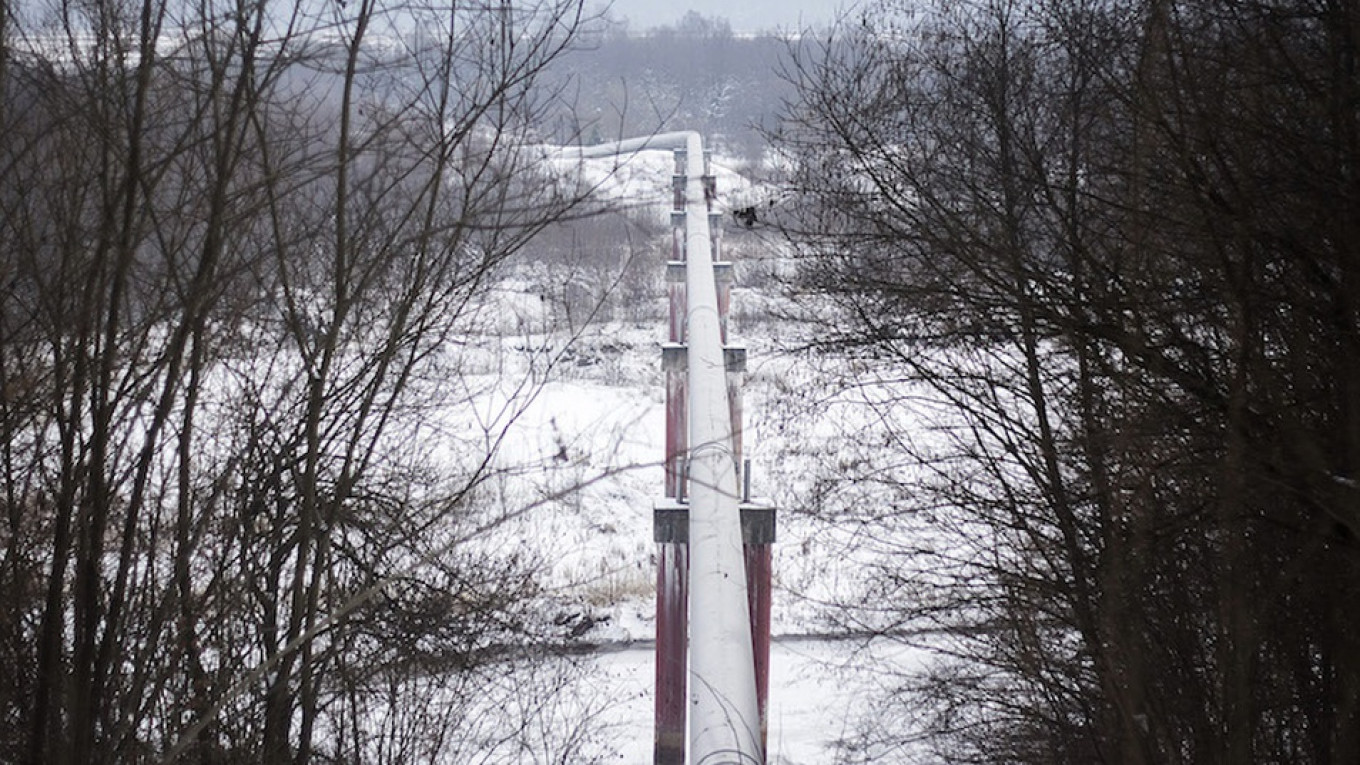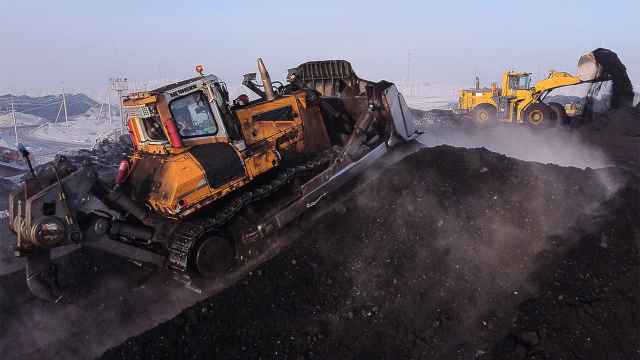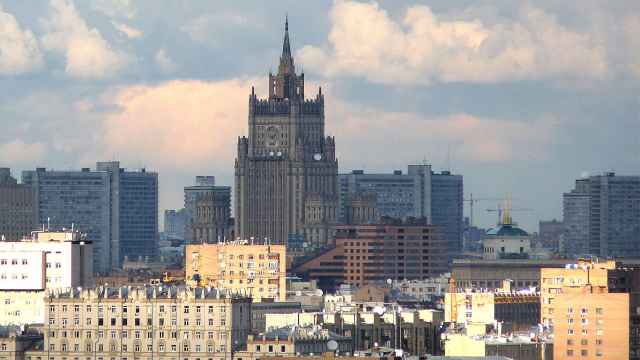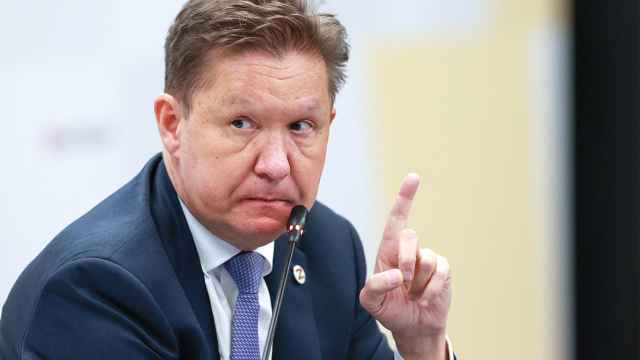Support in German Chancellor Angela Merkel’s coalition for a major new Russian gas pipeline is slipping as frustration with the Kremlin’s brinkmanship grows and pressure from U.S. President Donald Trump starts to bite.
Nord Stream 2, an $11 billion project that will double the natural gas supply under the Baltic Sea to Germany, faces growing skepticism among German officials who had previously defended it against criticism from Trump and some European Union allies, according to senior lawmakers. The shift could translate into pressure on Merkel’s government to back down on the controversial pipeline and possibly delay its implementation.
Social Democratic lawmaker Nils Schmid, whose party has been a reliable supporter of the project, said too many decision-makers in Berlin had been slow to factor in Nord Stream’s geopolitical significance. It will reduce the volume of gas pumped through Ukraine as Russia attempts to stifle its neighbor’s economy by depriving it of lucrative transit fees.
“The debate in Germany has become more critical,” Schmid, the junior coalition party’s point man on foreign policy, said in an interview, adding that the project shouldn’t go forward until Russia and Ukraine reach a transit accord. “It would have been better to take this political dimension into account.”
Russia’s ‘captive’
The 1,200-kilometer undersea pipeline being constructed by Russia’s Gazprom PJSC has been pilloried by some of Germany’s allies, who say it bolsters Europe’s reliance on Russian energy and bypasses key partners such as Ukraine. Trump has blasted the project — about a third of which has been completed — as holding Germany “captive” to Russia.
The ground is shifting, with an ever more fraught relationship with Russian President Vladimir Putin, particularly since the November seizure of two dozen Ukrainian sailors near the Sea of Azov. Merkel, who has sparred with Putin since the 2014 annexation of Crimea from Ukraine, is demanding the release of the naval personnel.
The Azov incident in the Kerch Strait has soured prospects that Merkel’s diplomacy can scale back the conflict in eastern Ukraine, according to Juergen Hardt, a lawmaker in Merkel’s Christian Democratic Union who speaks on foreign affairs.
Unfulfilled hopes
“The events on the Kerch Strait at least showed me that these are unfulfilled hopes,” Hardt said in an interview. “Russia, in my view, isn’t moving a millimeter from its objectives.”
Hardt said Germany’s governing parties need to find consensus with the European Commission on energy diversification and reliance on Russian gas. He also questioned the economic viability of Nord Stream, poking holes in the government’s previous defense of the project.
Merkel shifted her position on Nord Stream last April, acknowledging the political dimensions of the pipeline and departing from her previous insistence that it was solely a business venture by private investors. The project must not weaken Ukraine by disrupting its gas transmission system, she said at the time.
Richard Grenell, the U.S. ambassador to Germany, welcomed the more skeptical view in Berlin, saying the pipeline project undermines the EU’s energy and security objectives.
“There is not only Russian gas coming through the pipeline, but also Russian influence,” Grenell said in a statement. “Now is not the time to reward Moscow.”
The U.S. administration has indicated that sanctions on the pipeline are imminent. Trump brought tensions over Nord Stream into full view at last July’s NATO summit, raising the issue as he attacked Merkel over Germany’s slack defense spending.
U.S. restrictions would potentially hit companies in Austria, France, Germany and the Netherlands. Royal Dutch Shell Plc, BASF SE’s Wintershall unit, Uniper SE, OMV AG and Engie SA are Gazprom’s partners in the project. The Russian gas giant reported a record 201 billion cubic meters of gas exports to Europe in 2018 and plans to maintain those volumes into 2020.
Simmering tensions
Schmid maintained that the project, which would double the 55 billion cubic meters of natural gas flowing through the original Nord Stream pipeline that opened in 2011, isn’t in danger. He also defended SPD support, particularly in Germany’s east where, the pipeline makes landfall. But simmering geopolitical tensions are having an effect in Germany.
“Something has changed,” Peter Beyer, the German government’s coordinator for trans-Atlantic relations, said in an interview. He attributed the mood shift on Nord Stream as much to concern about leaving EU allies out in the cold as with Russia’s recent maneuvers. Merkel’s government may have to adjust to the demands of those taking a harder line on Nord Stream, he said.
A Message from The Moscow Times:
Dear readers,
We are facing unprecedented challenges. Russia's Prosecutor General's Office has designated The Moscow Times as an "undesirable" organization, criminalizing our work and putting our staff at risk of prosecution. This follows our earlier unjust labeling as a "foreign agent."
These actions are direct attempts to silence independent journalism in Russia. The authorities claim our work "discredits the decisions of the Russian leadership." We see things differently: we strive to provide accurate, unbiased reporting on Russia.
We, the journalists of The Moscow Times, refuse to be silenced. But to continue our work, we need your help.
Your support, no matter how small, makes a world of difference. If you can, please support us monthly starting from just $2. It's quick to set up, and every contribution makes a significant impact.
By supporting The Moscow Times, you're defending open, independent journalism in the face of repression. Thank you for standing with us.
Remind me later.






